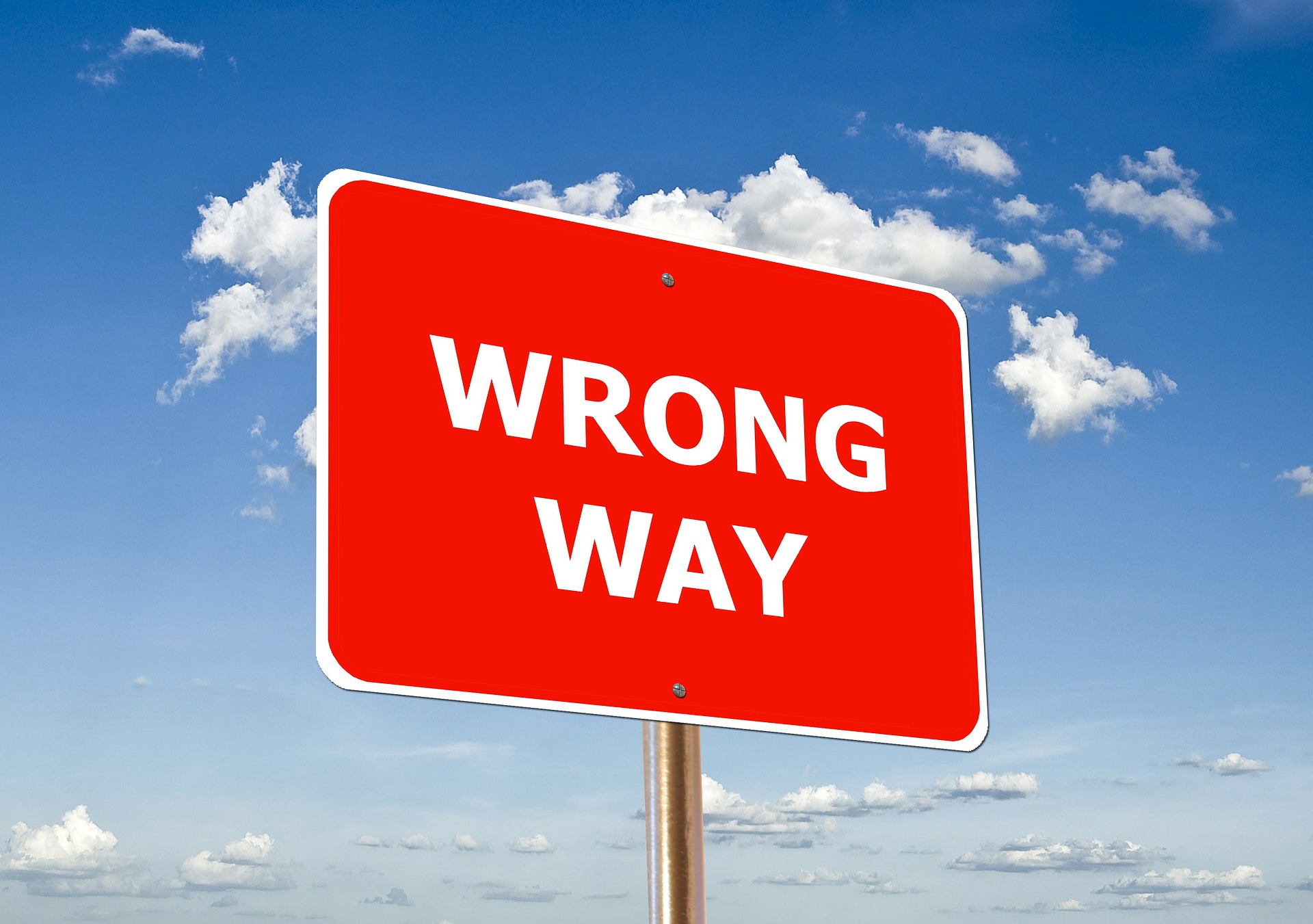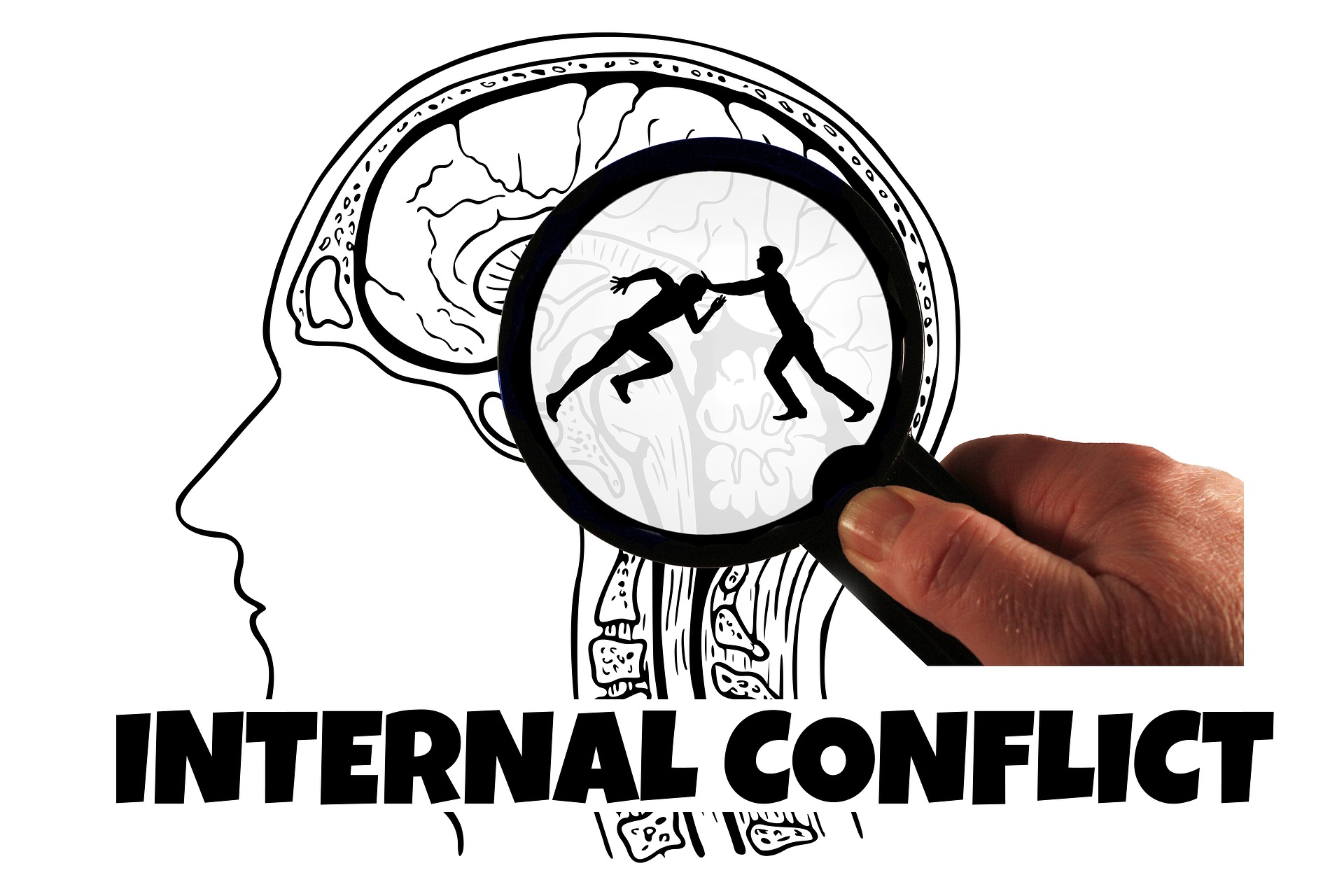When it comes to the subject of morality it isn’t often the topic of deep thought, self examination or common discussion yet studying what it is and isn’t can prove clarifying and empowering.
Without clear understanding it is but a concept and haze in our minds and not a lifelong commitment, discipline and improvement.
So what is morality? And, is it objective or subjective?
“From a philosophical perspective, morality, at its core, is a social construction, a result of living in a community, whether it’s a family or a country,” says Raffaello Antonino, Ph.D., the clinical director and a counseling psychologist at Therapy Central, in London, U.K. and a senior lecturer in counseling psychology at London Metropolitan University.
While we might feel as though morality is hard wired in us and other people, it isn’t.
“If we think about it, there is no evidence to suggest that morality is coded in our DNA and thus that it is something somewhat innate,” he says.
Whether our morality is strong, weak or absent then has much to do with our life experiences, relationships, core beliefs, core values and self control.
We learn as much by observing, in context, as by doing and seeing reactions or responses to our behavior. We prefer rewards over sacrifices and thus struggle with that pull of strong impulses.
We can follow what we’ve had role modeled and mentally processed as acceptable or what we believe is just necessary in the world.

“However it’s important to realize that when recognizing the ‘immoral’ acts of some individuals as deriving from their unique and subjective developmental experience, in no way we are condoning their acts,” Antonino says. “Understanding one’s action does not equal defending it.”
Regardless of how it might seem at times with ourselves and others, we do want to be consistent in our judgment, at least when we have awareness about it.
“From a psychological perspective, we strive for consistency and balance, and so we like observing that our behavior is in line with what we expect of ourselves, with what our image of ourselves is,” Antonino says.
Generally speaking there is the inclination to move away from psychological conflicts that cause us distress in our mind.
“Simultaneously, we seem to have a strong aversion towards cognitive dissonance, which is a situation where two competing thoughts appear as equally valid in our mind,” Antonino says.

Expounding on this, he details how we can often resort to what is necessary to avoid that type of psychological struggle, when we don’t want to own up to the errors of our choices and behavior.
“We cannot possibly explain it rationally, and thus we try to block this behavior from their sight, we hide it,” he says. “We rationalize, block out and minimize because we cannot live with the tarnished image that would result from truly acknowledging the immorality of our actions.”
When we do care about being more moral, there are specific steps we can take towards that commitment.
“The truth is that we all co-exist with positive and negative thoughts and judgments about ourselves, and that’s ok. If we accept this, if we accept that we are made of ‘good’ and ‘bad’ qualities, deriving in good and bad behaviors, it will be easier to recognize when we’ve done something immoral, and thus it would be easier to prevent it in the future,” Antonino says.
It’s important to constantly examine thinking, beliefs, choices and behavior as that will reveal much about judgment and morality.
“As our personal and subjective morality can at times be inconsistent with the shared and societal morality, it’s fundamental, in order to become more moral, to check in with how large such inconsistency is, on a daily basis,” Antonino says.

How that is done is another matter, he says. It can prove to be challenging yet learning and applying this skill can tune us into who we really are, defined by our actions.
“This may not be an easy task as it requires an ability to ‘mentalize,’ which is a sophisticated word used in psychology to highlight the act of understanding the mental state or oneself and crucially, others,” Antonino says.
He explains how it is done.
“Mentalizing is a bit like imagining in our head the intentions behind our own and other people’s actions underpinning behaviors, and thus analyzing and then predicting the impact of such behaviors on others. This is crucial to becoming more ‘moral,’” Antonino says.
Deep reflection daily, even if for a small amount of time, can prove enlightening, he says, and will positively influence our future behavior.
“Greater morality and better judgment will most often result from a consideration of the possible impact of our actions and behaviors on ourselves, others and society at large,” Antonino says.
Questions he recommends we ask of ourselves if we already don’t:
How would my actions impact on me?
Would that be what I intended?
And
How would my actions impact on others?
Is that what I intended?
“These are the most basic, yet incredibly precious questions which can help us cultivate better judgment in our everyday life,” he says.

If we value our morality, judgment and character, if we want to build, protect or rebuild our reputation, this approach can prove valuable.
It does require commitment, practice and consistency, yet learning and mastering it until it becomes conditioned, trustworthy, default mindset and behavior will allow us to access our better or best selves.


